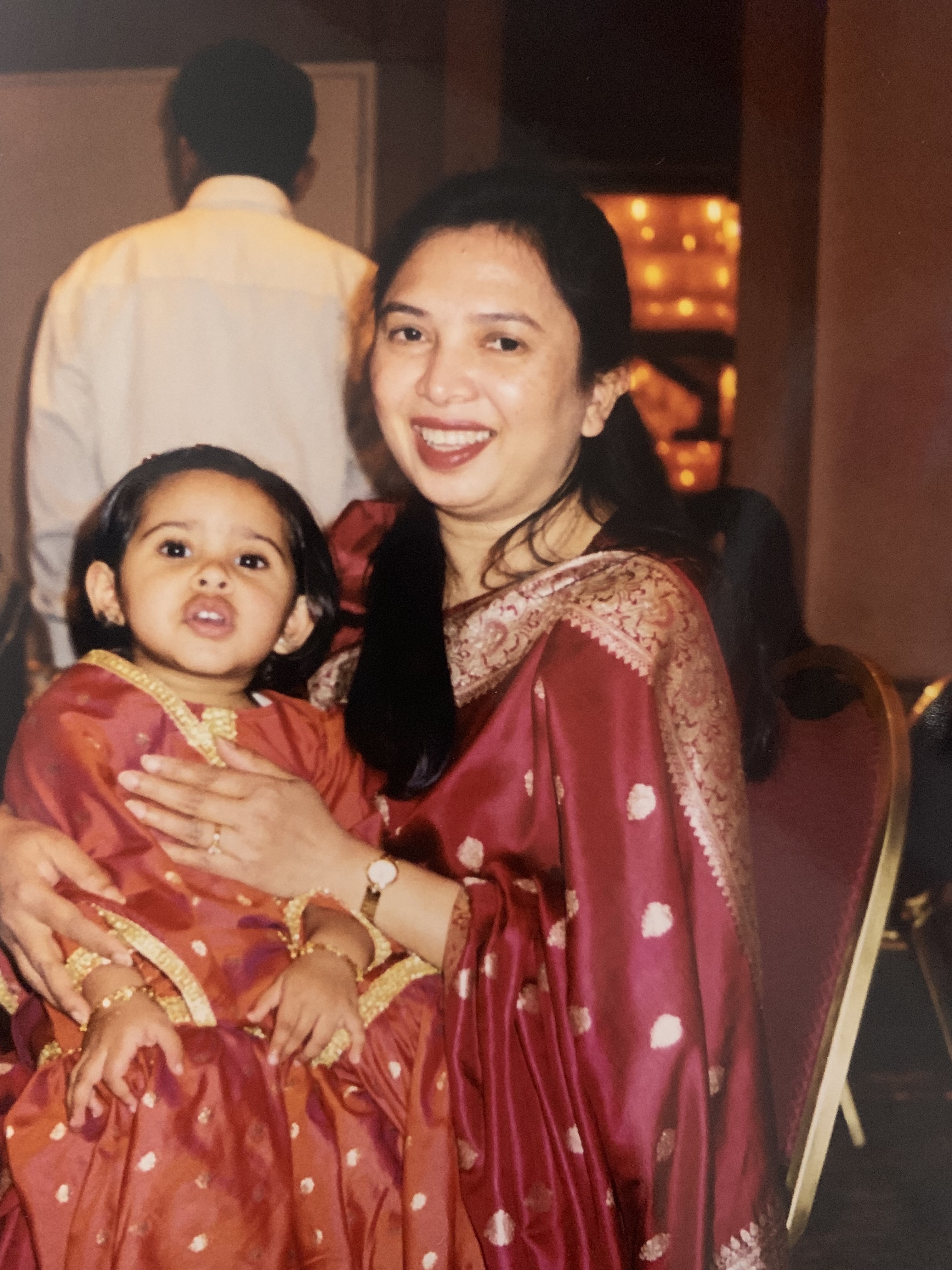“Moooom,” you say with an annoyance in your voice. You run up the stairs and close the bedroom door on your mother’s efforts to reason with you and go about the day.
We’ve all seen or done this at some point in our lives. Cinema and television shows that depict the struggles of teen life always include a scene of a child defying their mother in one way or another. When we watch these scenes, most of us can’t help but empathize with the child whose controlling mom is so clearly keeping them from being their true selves. In the West, this is a coming of age sort of dilemma that everyone is “supposed” to experience. But realistically, is this what we believe? Is rebelling against our mothers truly the way to have what is considered a “successful” adolescence?
The Holy Qur’an reads: “And your Lord has commanded that you shall not serve any but Him and goodness to your parents,”(17:23).
Several other verses also include similar narratives about the status of parents in Islam, and how obeying our parents’ wishes is necessary for any of our deeds to be recognized by Allah (SWT). This is of course accompanied by a large asterisk about parents not requiring anything of us that is un-Islamic or harmful. In general, it seems that one of the keys to being in Allah’s good graces is dependent on how we treat our parents. The Qur’an even explains why this is the case for mothers especially:
“And (God says:) “We have enjoined upon man goodness towards his parents: his mother bore him by bearing strain upon strain, and his utter dependence on her lasted two years” (31:14).
This points out the fact that typically, mothers devote their lives to raising their children. A mother will say she does everything she can to benefit her children. That includes staying home with her children or going out to work to support them. It is also their Islamic duty to love and care for the children they bear; mothers give us everything, from food to a place to sleep. In return for everything they give us, we should respect and obey our mothers.
The idea of respecting and being good to mothers seems intuitive. They give us life and love, and it’s only natural to give some of that back. Many kids see themselves as giving back to their mother when they help clear the dining table or give them an hour out of their busy week. However, this isn’t enough. While it’s not difficult to be good to mothers, it’s also not difficult to be disrespectful towards them.
“If either or both of them (parents) reach old age with you, say not to them (so much as) “ugh” nor chide them, but (always) speak to them reverent speech,” (17:23).
Allah (SWT) warns us of saying “uff” and “ugh” when responding to our parents, yet it’s commonplace when we’re children as well as when we’re adults. It becomes difficult to keep ourselves from expressing our grievances with them when they disagree with our decisions or keep us from doing something, such as going out with friends. So this begs another question: in order to be the good Muslims we strive to be, are we prohibited from ever disagreeing with them? The answer here is no: we can disagree with our mothers, and we can even make our opinions known to them, but there is a way to go about this. Considering that “ugh” is disrespectful, we must be careful in the way we express ourselves to them as to not hurt them, especially because that hurt can cause a permanent rift in our relationships with our mothers. This is possible by remembering that everyone has their own way of thinking and believing, and change can be difficult. They may not agree with all of our decisions, but we don’t agree with all of their decisions either. If we have conversations with our mothers with this idea in mind, we can avoid all the rebellion, drama, and most of all, disrespect. The goal is to ensure that we aren’t causing our mothers’ pain and unhappiness. Taking the time to sit down and explain why we believe or want certain things can prevent fights because in the end, our mothers love us and only want the best for us. Our happiness is their happiness.
Now back to the original question: is rebelling against our mothers truly a coming of age experience that we need to go through? Of course not. It not only tarnishes our relationship with our mothers, but it also tarnishes our relationship with Allah (SWT). Mother’s Day isn’t the only day we should shower our mothers with gifts and gratitude. It is our Islamic duty to always please and care for our mothers.
In loving memory of an amazing mom, my grandmother.

